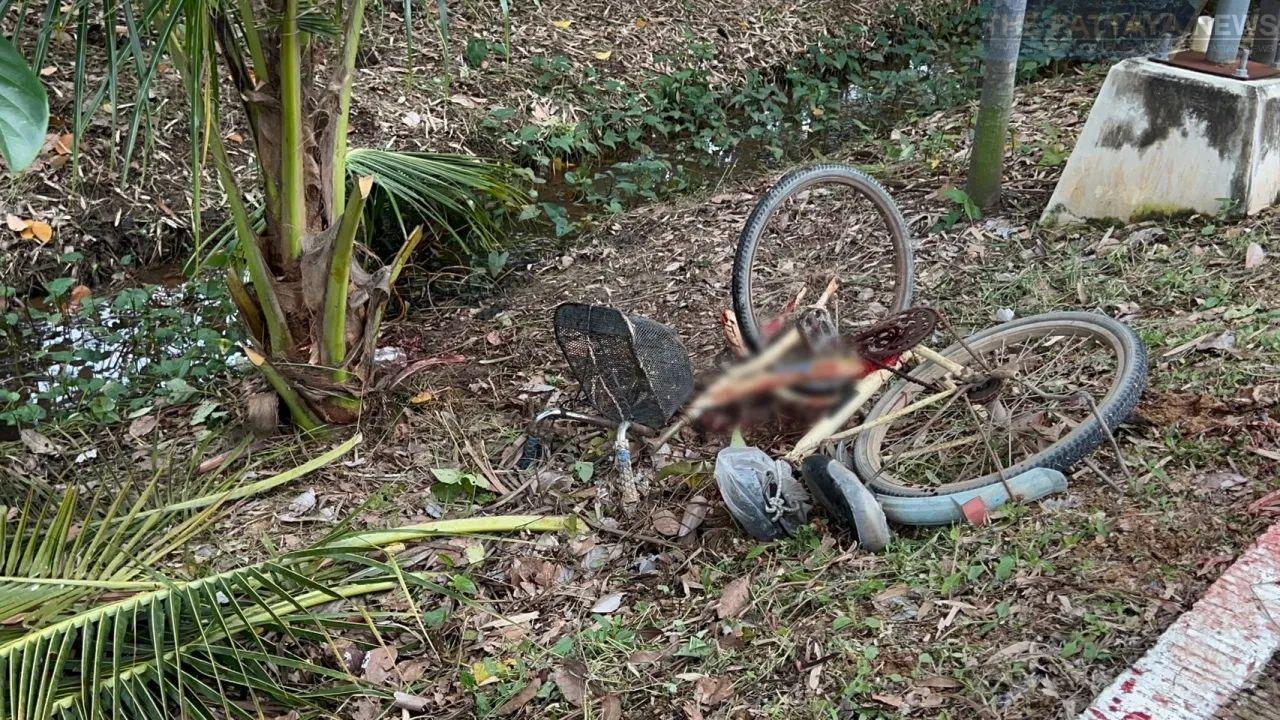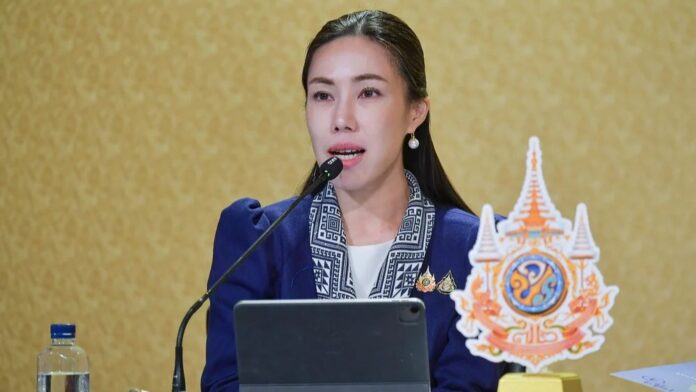The Finance Ministry has proposed moving the inflation target for next year to 1.5-3.5%, rising from the existing range of 1-3%, to provide the Bank of Thailand more room to lower the policy rate.
According to a ministry source who requested anonymity, this adjustment to the inflation target would allow the central bank to cut the policy interest rate, stimulating inflation within the new framework.
The source said the ministry wants the central bank lower the policy rate, aligning with the Federal Reserve's rate cut of 50 basis points.
However, the Bank of Thailand may view such a reduction as too aggressive, said the source, adding a cut of 25 basis points should be considered at a minimum.
"The conventional wisdom that interest rate reductions have a slower effect than fiscal policy is inaccurate. When the interest rate is reduced, 84 million loan accounts at Thai financial institutions will immediately experience a decrease in their interest burden," the source said.
Finance Minister Pichai Chunhavajira is scheduled to hold discussions about the inflation management framework for 2025 with the Bank of Thailand in late October, presenting their suggestions to the cabinet for implementation in 2025.
The source said the central bank is likely reluctant to lower the policy rate because of concerns that inflation may rise, even though the general inflation rate is less than the lower limit set by the regulator. The central bank may believe the headline inflation rate will fall within the framework by the end of this year, said the source.
The source believes the Bank of Thailand is unlikely to adjust the inflation target because it considers the existing framework suitable for the recovering economy.
However, a reduced policy interest rate may still be considered, said the source.
The ministry wants the central bank to adjust the inflation target because inflation has been low for an extended period, which is not conducive to an economic recovery, particularly for trade and investment, according to the source.
"The ministry wants a lower policy rate, aligned with the interest rate policies of other countries. Having higher interest rates than other nations leads to inflows of capital seeking higher returns in the domestic market, causing the baht to appreciate, which negatively affects exports and tourism," said the source.
The baht recently strengthened to 32.15 per US dollar, close to a recent high in 2022 of 32.13 to the greenback.
The source said the factors contributing to the baht's appreciation stem from foreign currency inflows, coming from three sources: investments seeking higher domestic returns because of relatively higher Thai interest rates; foreign capital entering the Thai stock market; and revenue generated from exports.



















